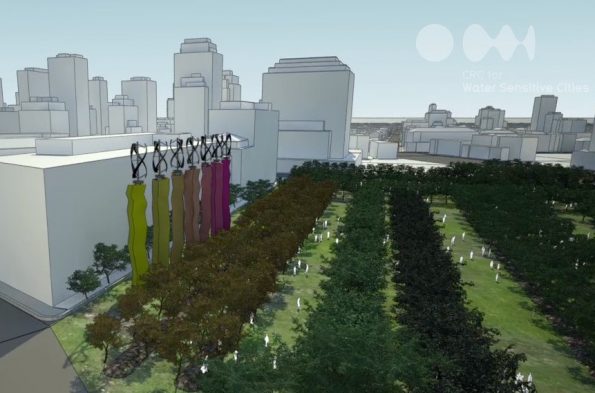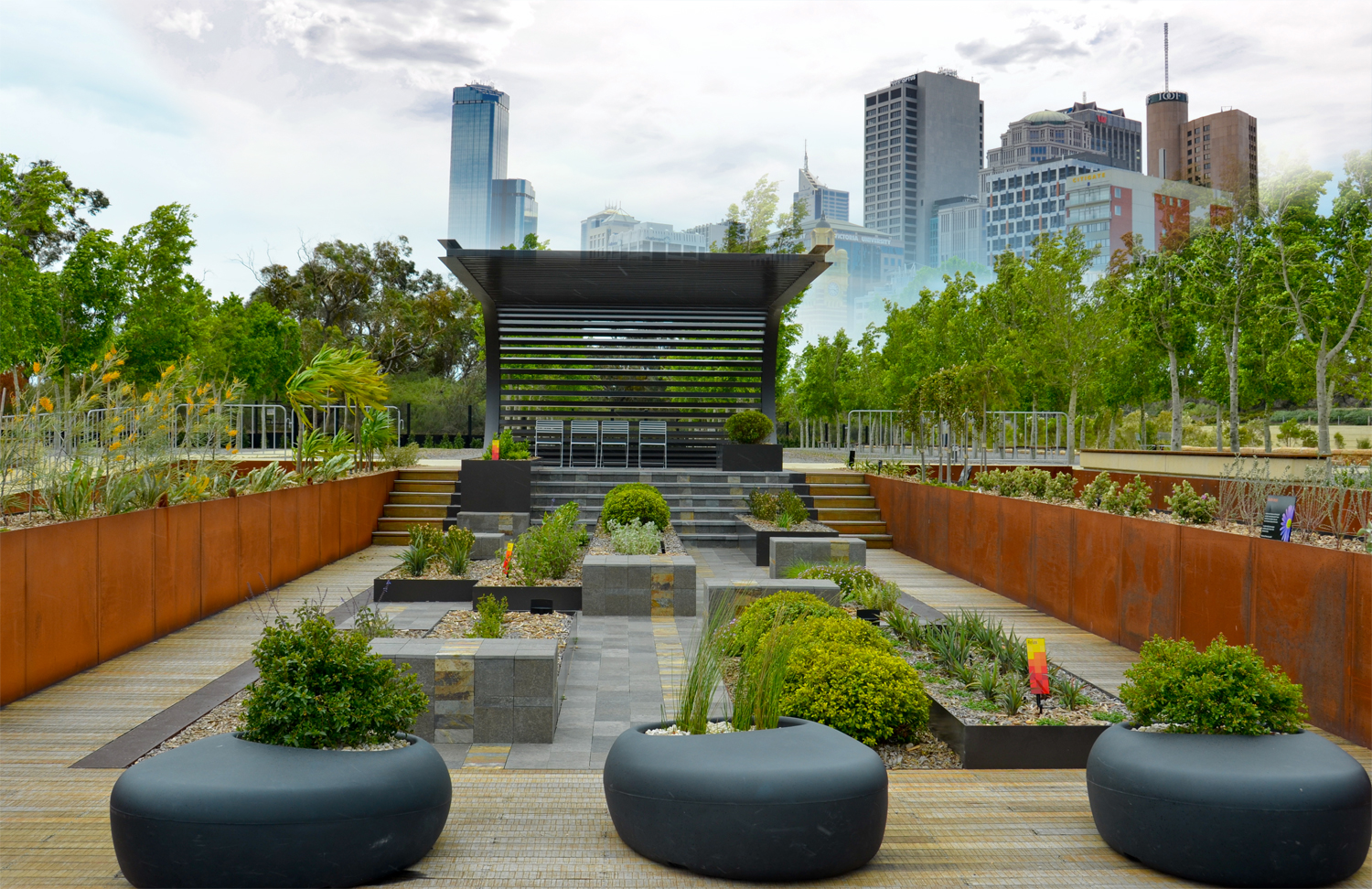The urban water-energy-food nexus
 From the CEO
From the CEO
At the Monash University-Ben Gurion University Leadership Forum last month, I was asked to comment on the Food Security-Water Security nexus from an urban context. The immediate connection that comes to mind is the notion that a key consideration in securing food production relates to efficient use of our natural resources such as water and nutrients. Recovery and recycling of these resources must play a part. Our cities and towns, where 70% of the world’s population is located, are also where the vast majority of food finish up. The sewerage system of our cities conveys residual nutrients contained in sewage and we will need to be thinking about the recovery of these nutrients to sustain productive landscapes. Future sewage treatment plants will become resource recovery plants.
Australia’s water consumption is dominated by agricultural uses, followed by consumptions in cities (domestic and industrial) and for electricity generation principally to meet demands in our cities. Our communities have an important role in managing demands. Our consumption of food, energy and water remains inefficient. We waste more than 30% of food produced, we are only beginning to recycle our wastewater for non-drinking purposes, and we do not capture and use the ‘waste heat’ from our electricity production. Transforming our cities to a more sustainable and efficient consumption of resources require socio-technical approaches, starting with a concerted effort to foster community awareness and behavioural change for efficient consumption of water, energy and food. Exploiting the water-energy nexus in urban development, such as district-level tri-generation and the further utilisation of available heat for water disinfection and production of district-level reticulation of hot water, are simple cathartic initiatives to lead this transformation.

The creation of productive landscapes is emerging as a core element of urban green infrastructure strategies. Our cities are water supply catchments with the combined stormwater and wastewater resources exceeding the water consumption in most Australian cities. These resources may be exploited to support a greener city for a multitude of liveability objectives, including the support of productive landscapes ranging from community gardens, to orchards and urban forests.
Professor Tony Wong
CEO